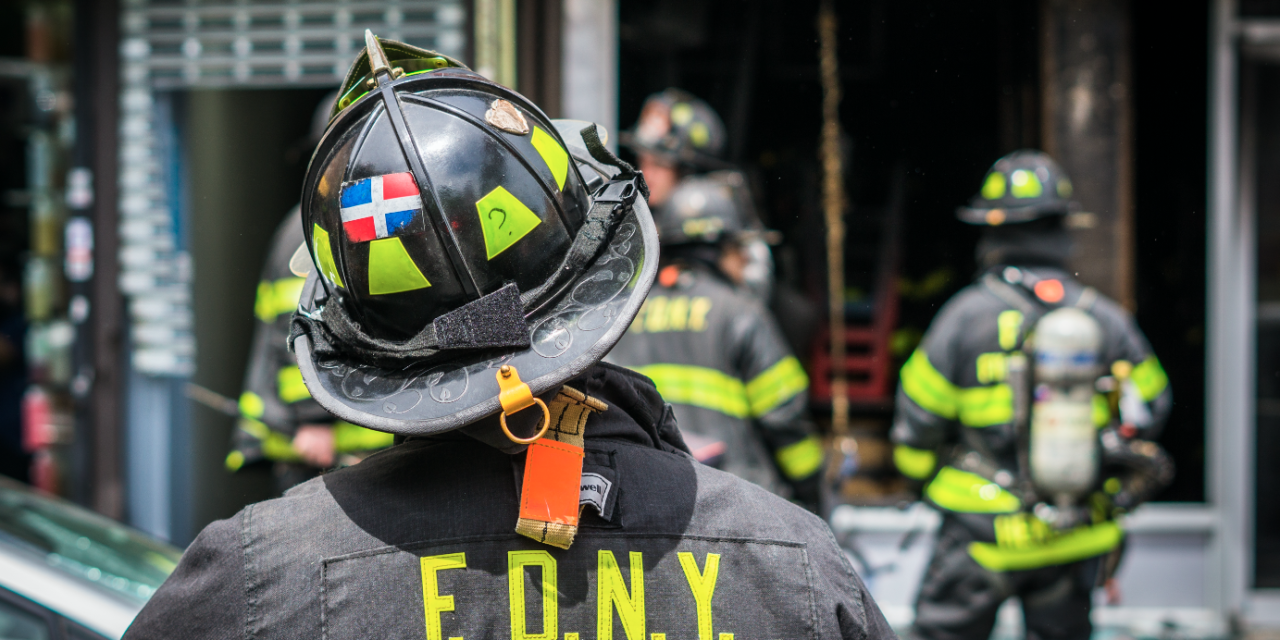Disputes over religious freedom continue to percolate up through the legal system in response to the actions various state and local governments have taken to deal with the COVID-19 pandemic. Another such dispute has now reached the U.S. Supreme Court, involving New York City’s vaccination mandate for city employees.
The Big Apple mandated that city public employees receive a COVID-19 vaccination in order to remain employees. In fact, up until November 1, the city also forbade any unvaccinated workers from working for any private employer in the city as well.
City employees with religious objections to receiving the vaccine, who were denied exemptions, sued the city, asking for an injunction that would allow them to keep their jobs. Those workers include New York City firefighters, teachers, police officers, sanitation workers, and other public employees who lost their livelihoods or were forced to compromise their faith in order to keep their jobs.
Thus far the religious employees have lost twice in the lower federal courts. With the aid of attorneys from Alliance Defending Freedom (ADF), the employees have submitted an “Emergency Application for an Injunction Pending Appellate Review” to U.S. Supreme Court Justice Sonia Sotomayor which, if granted, would protect the jobs of those NYC public employees while their legal appeals play out.
Sotomayor received the request because she is the justice designated for initially considering emergency requests originating from within the 2nd Circuit, where New York City is situated. She can either rule on the request herself or refer the issue to the full court to decide.
So, do the religious employees have a good case?
The general constitutional principle involved here is that when a neutral law of general applicability – i.e., a law that applies to everyone equally – only incidentally impacts an individual’s freedom of religion, the law does not violate the First Amendment. New York City’s vaccine mandate, according to the legal papers submitted by ADF to Sotomayor, fails the “general applicability” test.
“The City provides exemptions from its omnibus COVID vaccination requirements for athletes, entertainers, and strippers; exempts thousands of unvaccinated municipal employees whose applications have been allowed to pend indefinitely because of staffing shortages and other secular concerns; offers a medical exemption; and provides a religious exemption for City employees—one granted rarely in officials’ unfettered and standardless discretion,” the application states.
In other words, the city grants a blanket exemption from the vaccination mandate to athletes, entertainers and strippers, but not to a city sanitation worker or firefighter whose religious convictions would be violated if forced to receive a vaccination.
That’s simply not acceptable, from either a constitutional or moral standpoint, ADF Senior Counsel and Vice President of Appellate Advocacy John Bursch said in a press release.
“New York City firefighters, teachers, police officers, sanitation workers, and other public employees have lost their livelihoods, and many are losing their homes, due to the city’s discretionary and unconstitutional vaccine policies,” Bursch stated. “As we write in our emergency application for stay, these city heroes have dedicated their lives to serving their neighbors and keeping their city running safely and efficiently, yet New York City officials suspended and fired them because they cannot take the COVID-19 vaccine without violating their sincere religious beliefs.
“But for athletes, entertainers, and strippers, the city found a way to loosen its mandate. We urge the Supreme Court to listen to the stories of these dedicated public servants who are simply trying to provide for their families in a manner consistent with their faith. It’s past time New York City honored the faith tradition of its public workers and rescinded its unconstitutional vaccine policies.”
The Supreme Court has not been sympathetic to government laws that are said to be “generally applicable,” yet contain numerous secular exemptions but no religious ones and/or leave government officials with unfettered discretion to determine who gets an exemption.
As recently as 2021, the justices unanimously struck down a Philadelphia nondiscrimination ordinance that punished a faith-based foster agency for refusing to certify same-sex couples as potential foster parents, yet gave the city the wide discretion to grant exemptions from the ordinance for secular reasons.
The NYC employees in this case are not asking the justices to rule on the constitutional issues involved – called a “decision on the merits” – although they are pointing out the constitutional flaws with the city’s mandate in hopes it will convince Sotomayor or the full court to provide temporary relief.
If the employees obtain an injunction from the high court, they will continue their litigation and appeals in the lower courts. And they will keep their jobs (or in some cases be reinstated) while the lawsuit proceeds.
Justice Sotomayor could rule on the request herself at any time in the near future. If she refers the application to the full court, it could take a week or more to get a decision from the court, especially if there are dissents and/or concurring opinions that need to be drafted and published.
The Daily Citizen will continue to follow this case and update you on proceedings as they unfold.
The case is New Yorkers for Religious Liberty v. City of New York.
Photo from Shutterstock.






